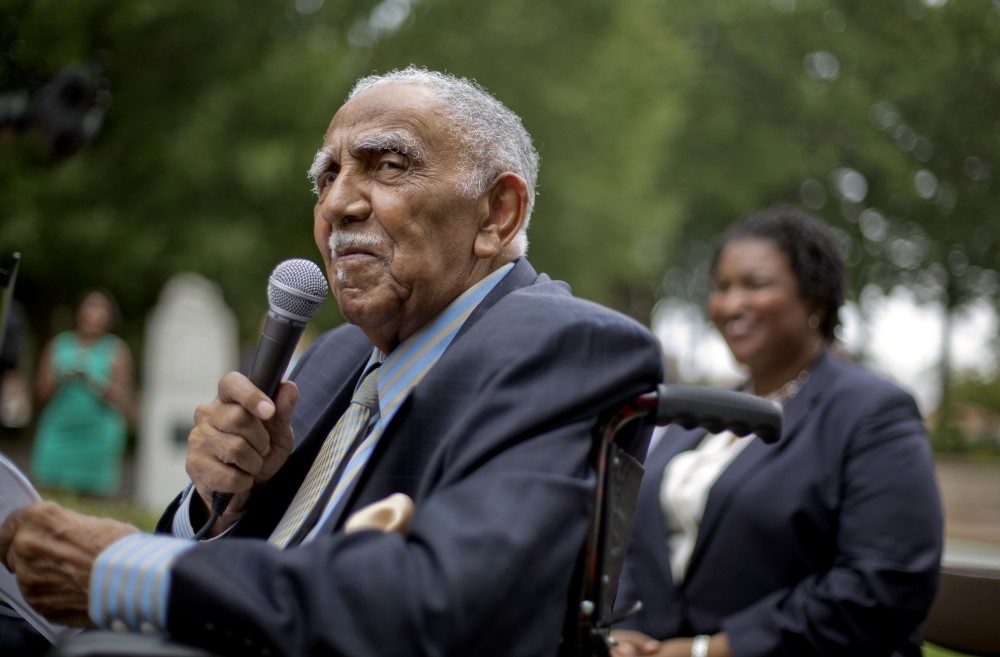Joseph E. Lowery, civil rights leader, dies at 98

Joseph E. Lowery, a veteran civil rights leader who helped Martin Luther King Jr. found the Southern Christian Leadership Conference, died on March 28. He was 98.
A charismatic and fiery preacher, Lowery led the SCLC for two decades—restoring the organization’s financial stability and pressuring businesses not to trade with South Africa’s apartheid-era regime—before retiring in 1997.
In 2009, President Barack Obama awarded Lowery the Presidential Medal of Freedom, the nation’s highest civilian honor. In a statement on March 29, Obama said Lowery “changed the face of America.”





